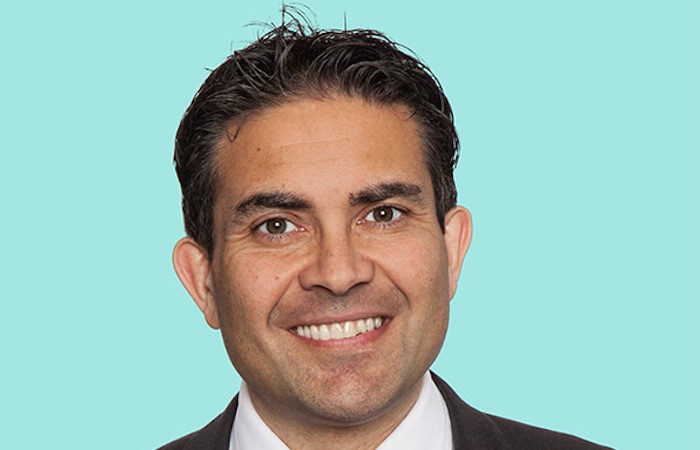
More than a third (39%) of respondents would like more support at work to help them manage care responsibilities for an elderly relative, according to research by Simplyhealth.
Its Simplyhealth/You Gov everyday health tracker report, which surveyed 1,974 UK adults aged 18 or over, also found that 50% of respondents believe employees who are caring for an elderly relative should receive more support to remain in work, for example through carer policies, carer groups, or simply by gaining recognition that they are a carer as well as an employee.
The research also found:
- 65% of respondents think that flexible-working arrangements should be made available to people caring for an elderly relative, and 51% feel that employees who are also carers should have the ability to take unpaid leave.
- 44% of respondents believe employees caring for an elderly relative should receive support in the form of care credits, which are similar to tax-free childcare credits received by parents, and 30% think carers should get care vouchers.
- 38% of respondents think counselling should be made available as a support for employees caring for an elderly relative, 37% believe carers juggling work and care commitments should receive more support to return to work, and 35% feel those caring for an elderly relative should be able to have additional paid days off work.
- 42% of respondents who work full or part-time and have cared for their parents in the last three months have taken more than a week off work in the last year.
- 57% of respondents who have caring responsibilities but have not taken any time off work in the last year cite that this has affected their own health and wellbeing.
- 47% of respondents who work in typical ‘blue collar’ industries cannot afford to stop working or take unpaid time off work to care for an elderly relative.
- 58% of respondents think the government should play a greater role in caring for the UK’s ageing population, and 66% believe employers should offer specific support for carers of elderly relatives, with the government supporting employers to do this.
Raman Sankaran (pictured), head of care for life at Simplyhealth, said: “Becoming a carer has daily challenges, not least for those who are also trying to balance their careers. From speaking to employers, we know that many want to offer support, and with our social care system under so much pressure, they can play a crucial role in backing up the health system by doing so. It’s vital that employers are encouraged to be proactive, so they fully understand the challenges faced by carers within their workforce, and are supported to be able to provide the flexibility and understanding that carers need.”